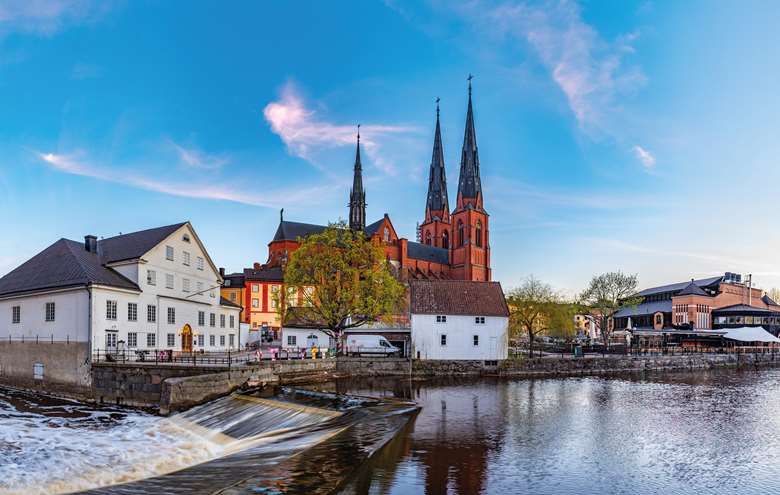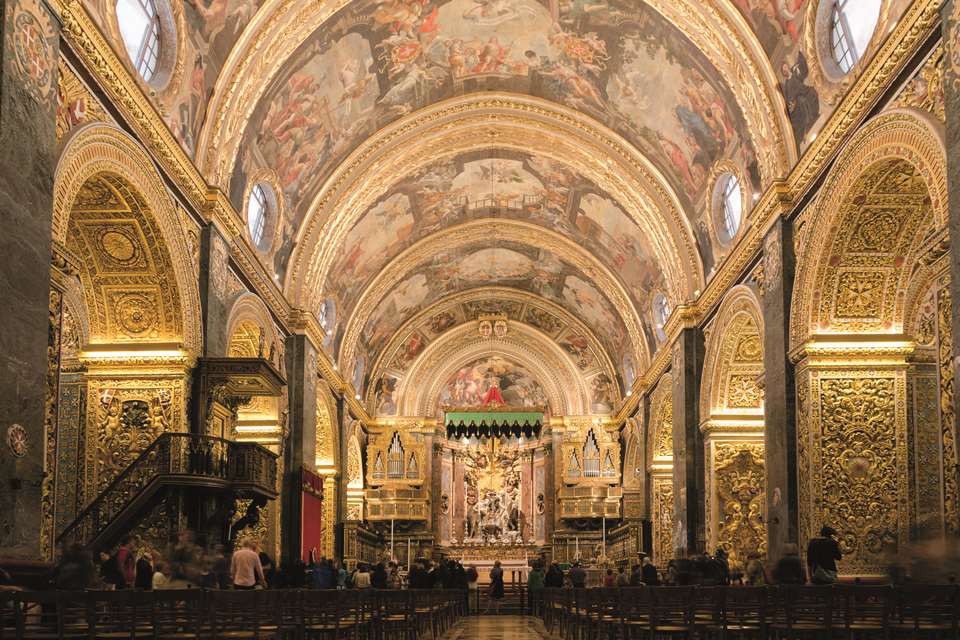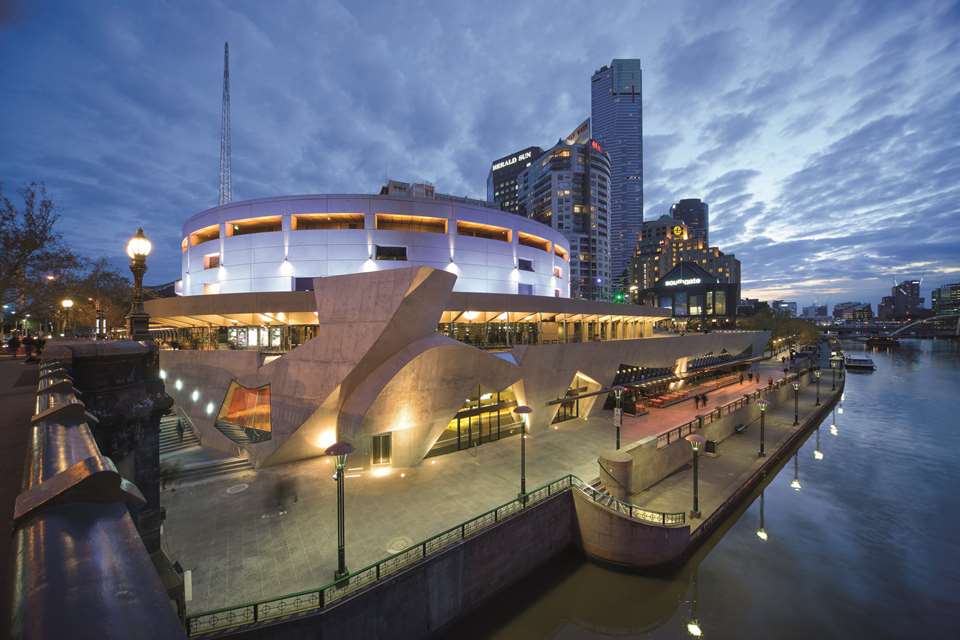Touring Sweden: A Smörgåsbord of delights
Adrian Horsewood
Friday, May 26, 2023
Sweden’s strong musical heritage, with Baroque theatres and millennial concert halls, means touring musicians are spoilt for choice. Adrian Horsewood offers a handy guide to working in this Scandi sanctuary


Register now to continue reading
Don’t miss out on our dedicated coverage of the classical music world. Register today to enjoy the following benefits:
- Unlimited access to news pages
- Free weekly email newsletter
- Free access to two subscriber-only articles per month

